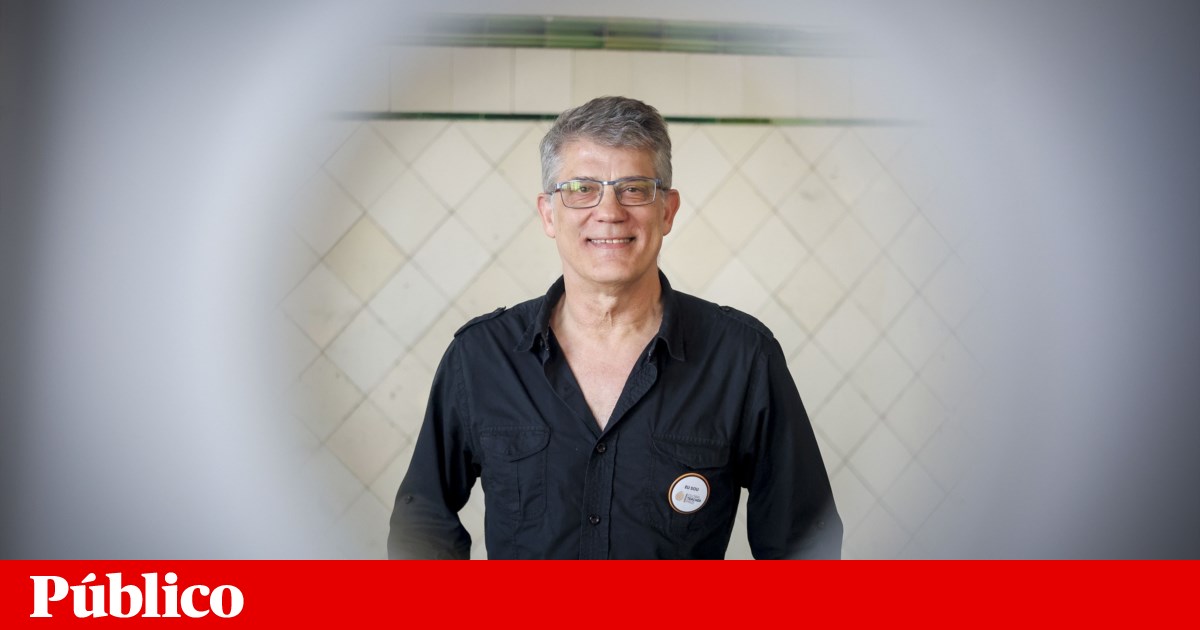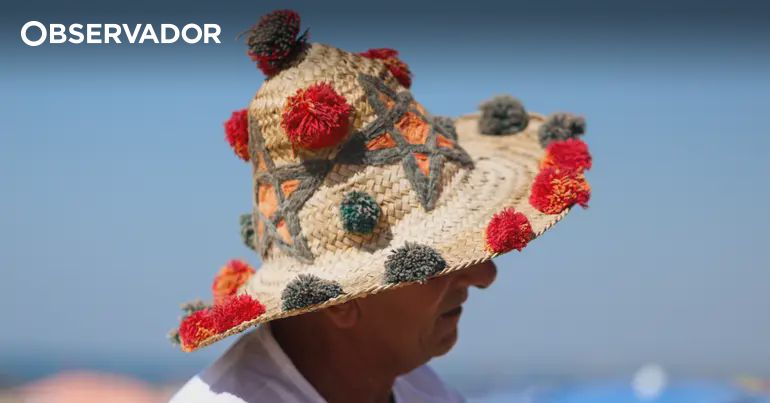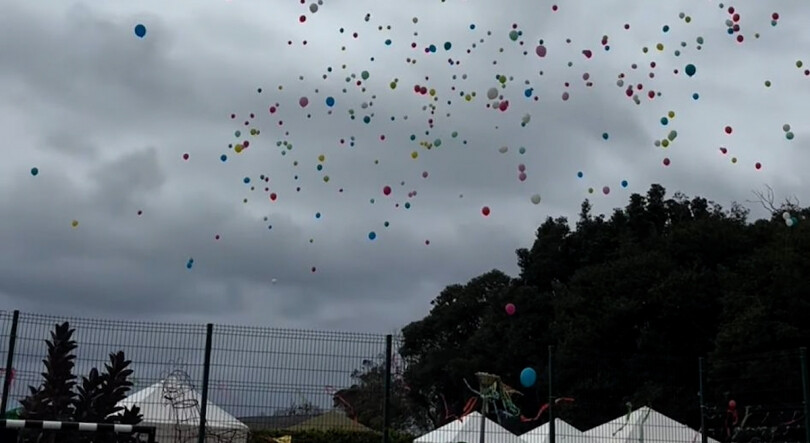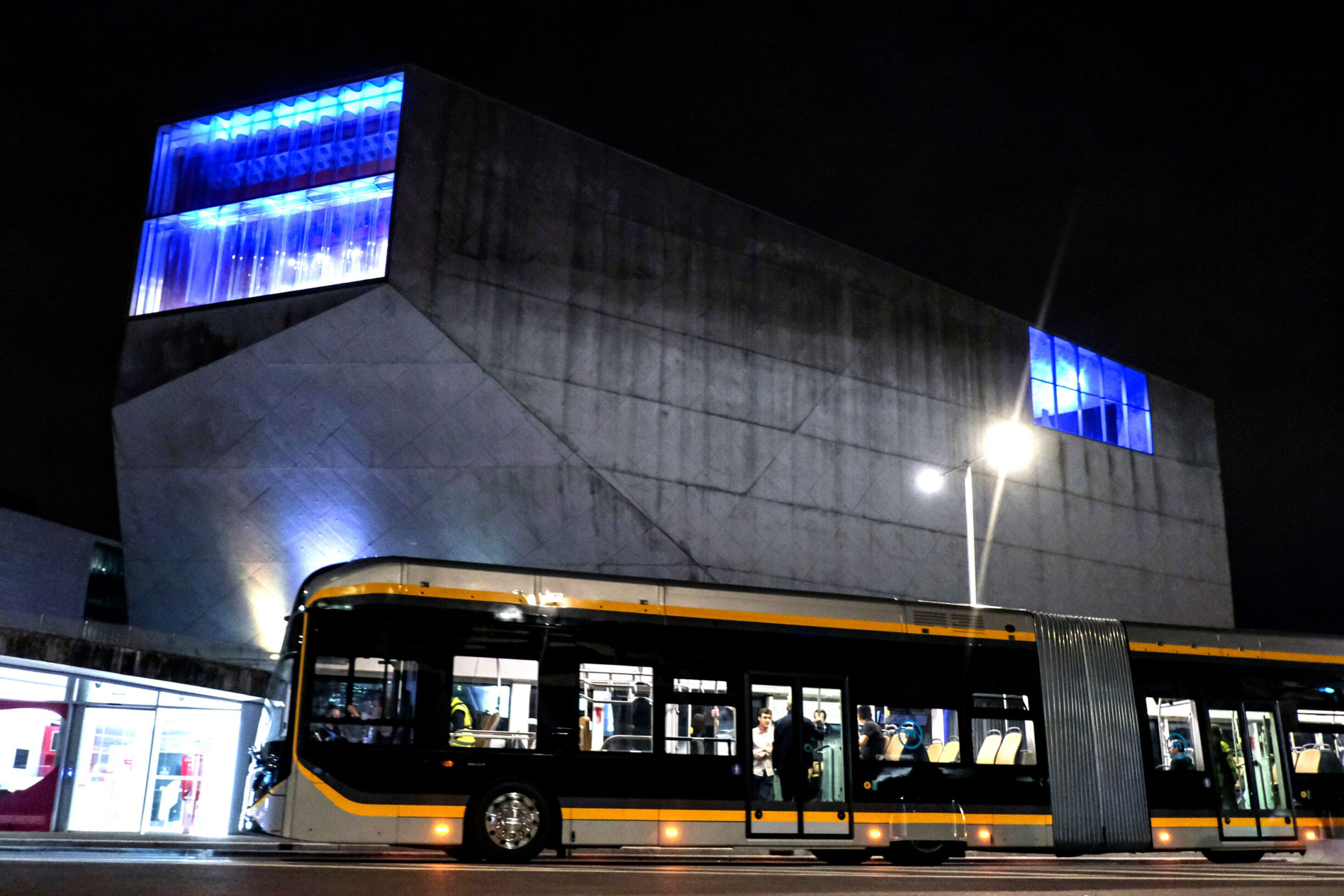Gimba, the musician behind the Afonsinhos do Condado, has once again brought salsa, rock, and blues to Lisbon's Popular Marches, winning the competition for the fourth time. His latest victory comes with the song A Alma de Lisboa, which blends traditional march rhythms with unexpected blues scales.
A Tradition of Innovation
Gimba's approach to the marches is anything but traditional. "I thought, hey, this is a blues scale, and the jury won't buy it," he admits. But they did. This marks his fourth win, following victories in 2005, 2013, and 2015, each time introducing elements from rock, blues, and salsa into the traditional Lisbon march.
 Gimba and his long-time companion, the guitar: buying a new one was the motivation to participate in the Grande Marcha contest. Photo: Rita Ansone.
Gimba and his long-time companion, the guitar: buying a new one was the motivation to participate in the Grande Marcha contest. Photo: Rita Ansone.
The Motivation Behind the Music
This year, Gimba's participation was driven by a desire to purchase a new Martin D-35 guitar, a cult instrument used by music legends. The prize money of 5,500 euros was just the incentive he needed. "I was at a point where I didn't want to participate anymore, to make room for the younger ones, but then the desire to buy a new and valuable guitar came up, and I signed up again," he confesses.
A Career of Rebellion
Gimba's career has been defined by irreverence and creativity, from his early days in the Lisbon nightlife of the late 1970s with the duo Tiroliro & Vladimir to his time with the iconic Afonsinhos do Condado. His work often challenges conventions, much like his marches, which have sometimes left traditionalists scratching their heads.
"For a true Lisbon native, it's easy to make a march. In fact, it's easy to make a winning march," Gimba says, with a touch of immodesty.
The Legacy Continues
Today, Gimba co-owns Club Royale, a vintage clothing and accessories shop in Lisbon, with his wife, Tita. The shop reflects his multifaceted personality, with microphones, spotlights, and a piano as part of its decor. It's a fitting backdrop for a man whose life has been a blend of music, rebellion, and creativity.
 Gimba and the piano among the clothes: a winner who didn't always follow the march canons. Photo: Rita Ansone.
Gimba and the piano among the clothes: a winner who didn't always follow the march canons. Photo: Rita Ansone.
The Method Behind the Madness
Gimba's unique approach to music composition has even led to the creation of the "Método Gimba," a course where he teaches his techniques. "The way Portuguese people speak, swallowing vowels, interferes with the way you compose a song," he explains, without giving away too many secrets.
For those interested in learning from the master, the next class starts in August.


























Comments
Join Our Community
Sign up to share your thoughts, engage with others, and become part of our growing community.
No comments yet
Be the first to share your thoughts and start the conversation!